Doctor Gets 2 Years in Prison for Taking Pharmaceutical Company's Bribes
Sunday, 06 March 2022 0
A Colorado physician who owned and operated a rehab facility was sentenced to two years in prison for taking $344,000 in bribes or "kickbacks" from a pharmaceutical company while prescribing its fentanyl-based spray product to drug rehab patients.
CBS 4 Denver reports that Dr. Jeffrey Kesten, 61, was sentenced Feb. 28 to 24 months in federal prison by a Denver federal judge.
According to the grand jury's indictment, Kesten was charged for conspiring with employees of Insys Therapeutics, a company accused of playing a role in the opioid epidemic, and supplying rehab patients with Subsys, a powerful sublingual fentanyl-based spray originally used to treat pain in cancer patients
"As the number of speaker programs for which [Insys Therapeutics] paid Kesten increased, so did the number of prescriptions he wrote for the Fentanyl Spray," the indictment reads.
From late 2012 to 2015, Kesten was paid as a "national speaker" by the pharmaceutical company. He presented at nearly 100 events, 16 of which were held at his own rehab facility, Red Rocks Center for Rehabilitation. In some cases, when Kesten was speaking, only two people were in the audience.
When Kesten wanted to be paid for more speaking engagements, he allowed a sales rep associated with Insys "access to his patient files" and the authority to "[review] his patient schedule with her to facilitate identification of patients for whom he could prescribe [Subsys]."
Members of the clinic's staff began to notice that as the number of Kesten's speaking engagements began to increase, so, too did the number of fentanyl prescriptions.
U.S. Attorney Cole Finegan later commented in a press release, "you have to be able to trust your doctor's medical judgment. We'll hold physicians and medical professionals accountable for taking bribes and kickbacks, especially when they are prescribing powerful drugs to vulnerable patients."
The Colorado Medical Board suspended Kesten's medical license after it had found that in May of 2020 he prescribed a 32-year-old patient pain medication even after assessing the patient as having "drug-seeking" behavior and evidence of drug abuse history.
"As we've seen over the past several years fentanyl abuse has become an existential threat across the nation," DEA Denver Acting Special Agent in Charge David Olesky commented.
"There is no greater threat to our community than a doctor who violates a patient's trust with no regard to patient safety and well-being beyond what profits it can bring him. We applaud this sentencing and will continue to work with our counterparts in the U.S. Department of Health and Human Services Office of the Inspector General and the U.S. Attorney's Office to ensure other doctors who manipulate the system will be held accountable."
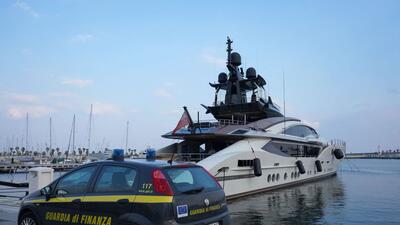

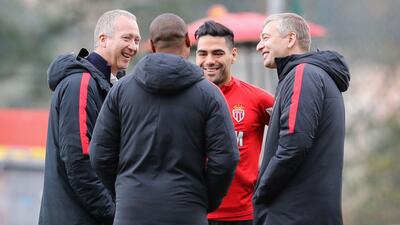
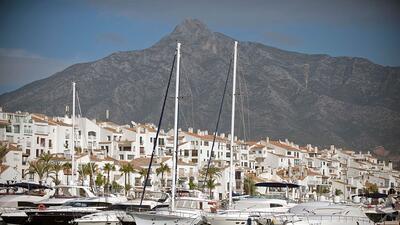


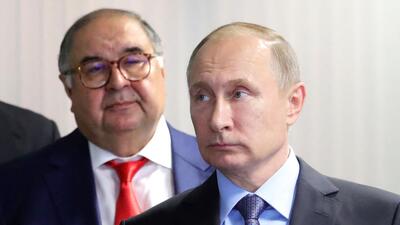


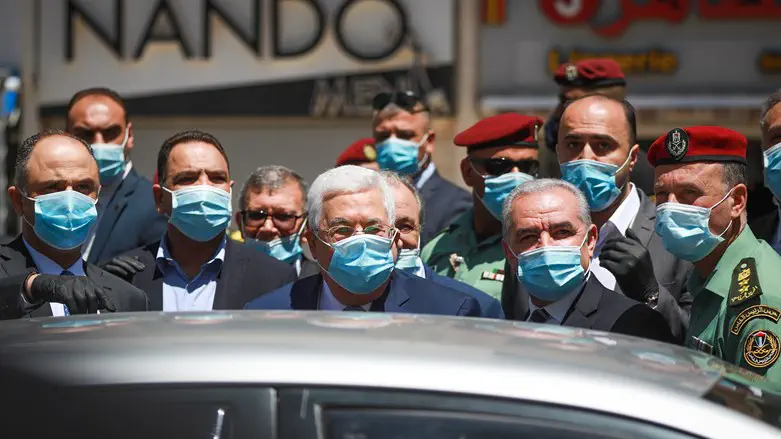
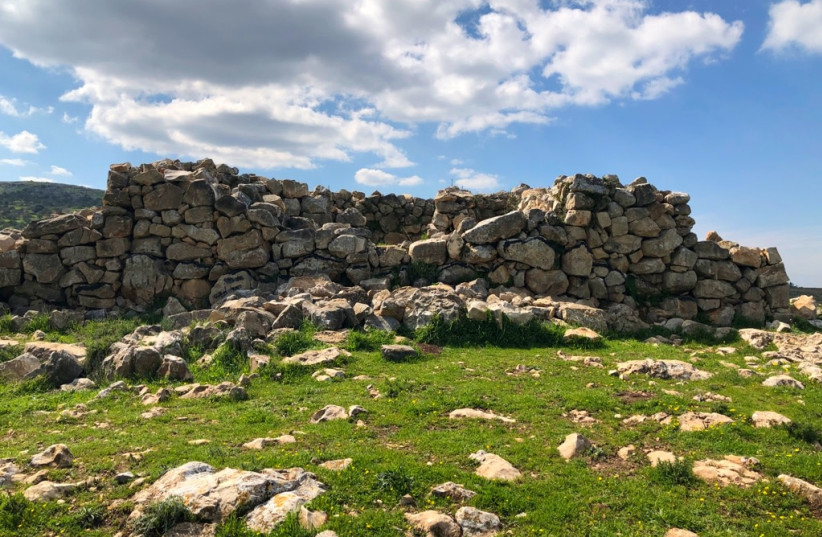
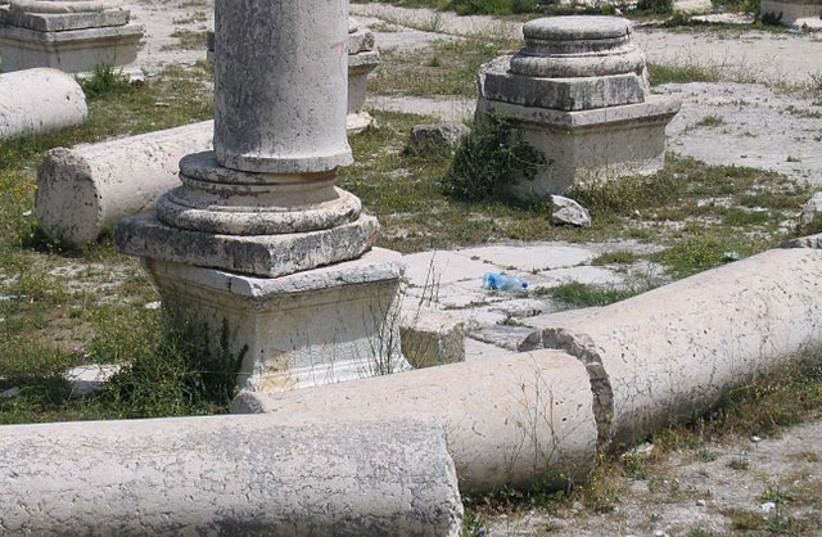 Shomron National Park (Sebastia). (credit: Wikimedia Commons)
Shomron National Park (Sebastia). (credit: Wikimedia Commons)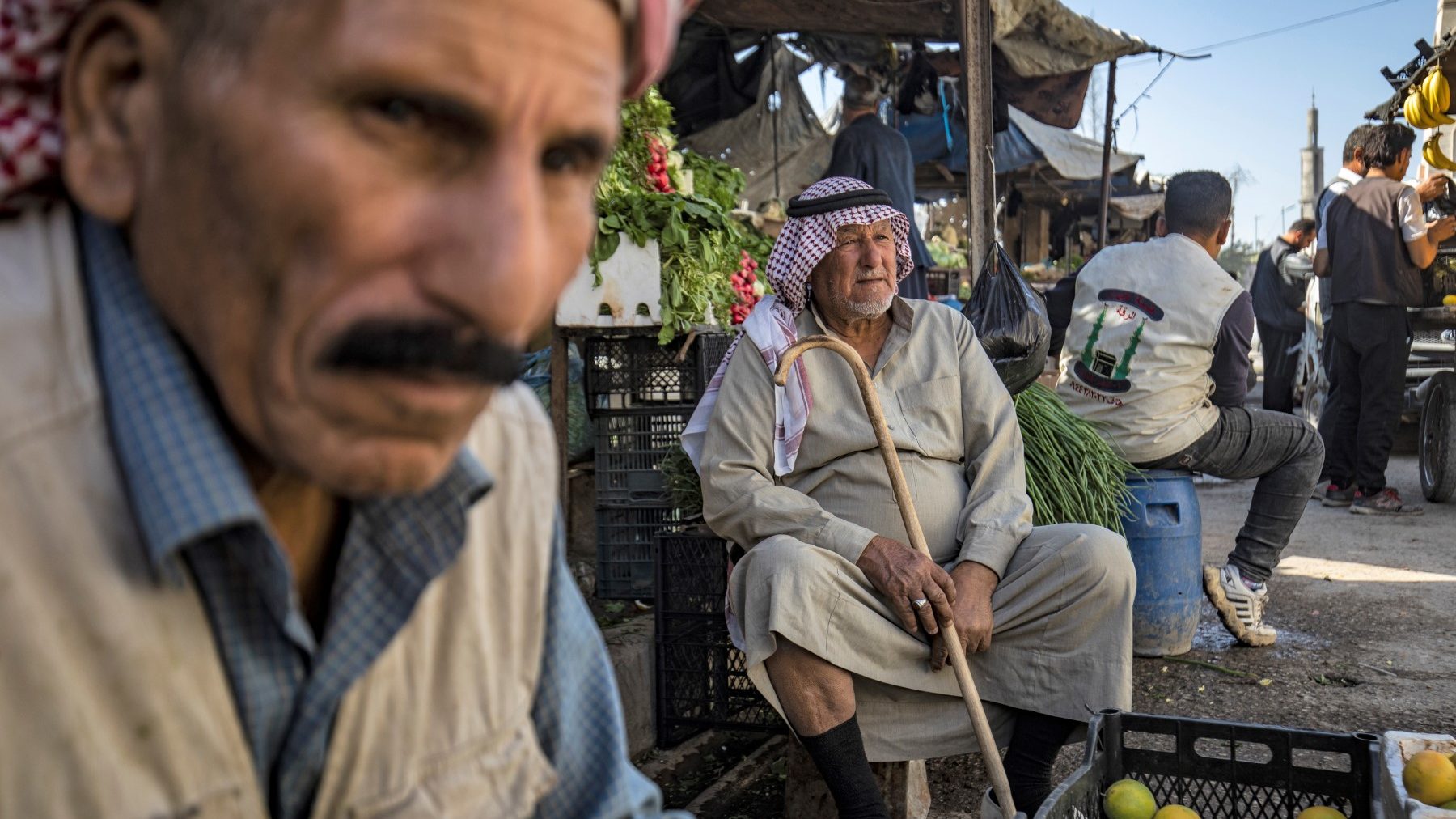
:quality(70)/s3.amazonaws.com/arc-authors/thenational/0c776a17-4aec-4e4c-95b2-489017fb7875.png)
:quality(70)/cloudfront-eu-central-1.images.arcpublishing.com/thenational/WDAP6WAMP34HU7AXAFU4GP2JF4.jpg)
:quality(70)/cloudfront-eu-central-1.images.arcpublishing.com/thenational/IUN7VUM7SLFUE43OD6KGYZW6EA.jpg)
:quality(70)/cloudfront-eu-central-1.images.arcpublishing.com/thenational/UZGZB34UULXZHEICZYJ3FZZUDE.jpg)
:quality(70)/cloudfront-eu-central-1.images.arcpublishing.com/thenational/QN2PH7OZNMFHI4SLFKZ3VZ52MM.jpg)
:quality(70)/cloudfront-eu-central-1.images.arcpublishing.com/thenational/NZXUFTIGO622RETYXM7VHFRFMA.jpg)
:quality(70)/cloudfront-eu-central-1.images.arcpublishing.com/thenational/UIGZOIUPZC2SZENEPMJLHTRWWU.jpg)
:quality(70)/cloudfront-eu-central-1.images.arcpublishing.com/thenational/EUSU2474B4ZVUYXJ3SKNUCPNYU.jpg)
:quality(70)/cloudfront-eu-central-1.images.arcpublishing.com/thenational/WQJCJ27FPN2KVSCIPJRYBRDXNI.jpg)
:quality(70)/cloudfront-eu-central-1.images.arcpublishing.com/thenational/26EXTQW5VIW62ITIPKCIPTF7AU.jpg)
:quality(70)/cloudfront-eu-central-1.images.arcpublishing.com/thenational/6JIACS7D3DQH2QTCDDUAPP7MEU.jpg)
:quality(70)/cloudfront-eu-central-1.images.arcpublishing.com/thenational/72GF2Q2ZUA7LRHTIL24WK3RFR4.jpg)
:quality(70)/cloudfront-eu-central-1.images.arcpublishing.com/thenational/X2QGR3EMJ2VRQVQ4BU7SIDJKZE.jpg)
:quality(70)/cloudfront-eu-central-1.images.arcpublishing.com/thenational/72JDJ6OI7ILOGCLBLX2D6GIZEE.jpg)
:quality(70)/cloudfront-eu-central-1.images.arcpublishing.com/thenational/RTLYAZ3JCLZSZSIUVHZDO3IK2Y.jpg)
:quality(70)/cloudfront-eu-central-1.images.arcpublishing.com/thenational/UDROS5WAMWWYZXRHE7WUJPOZIM.jpg)
:quality(70)/cloudfront-eu-central-1.images.arcpublishing.com/thenational/FKSXSNSGUWQ27H43RXXBTTFCRM.jpg)
:quality(70)/cloudfront-eu-central-1.images.arcpublishing.com/thenational/OBYSUS7QMN5ZJTEJZ4PTRX72CQ.jpg)
:quality(70)/cloudfront-eu-central-1.images.arcpublishing.com/thenational/22KCX2V4UDLRV732BOL2FOETYA.jpg)
:quality(70)/cloudfront-eu-central-1.images.arcpublishing.com/thenational/OWYHU5LBWHBNXYYZVYYWWU3YNA.jpg)
:quality(70)/cloudfront-eu-central-1.images.arcpublishing.com/thenational/RFCCW6YVUUBUODUS7XBYHFELZU.jpg)
:quality(70)/cloudfront-eu-central-1.images.arcpublishing.com/thenational/GTVUCJL37K5EGCBG5AFKTH6DPA.jpg)
:quality(70)/cloudfront-eu-central-1.images.arcpublishing.com/thenational/KKKSDBKBQKYRKHPNDBW3UJ6M24.jpg)
:quality(70)/cloudfront-eu-central-1.images.arcpublishing.com/thenational/FCQ6AF5YO7D67T7SNNVPGGEMTE.jpg)
:quality(70)/cloudfront-eu-central-1.images.arcpublishing.com/thenational/QKTOP4J3T6W57R2GD763NLZGDM.jpg)